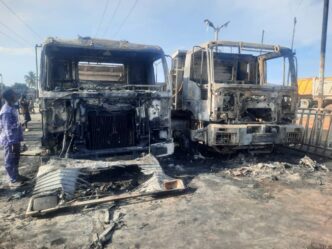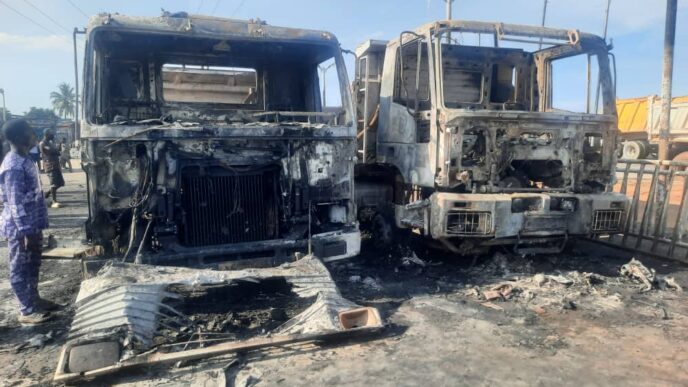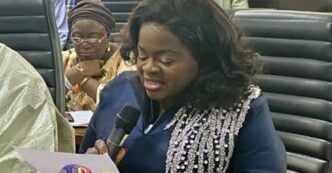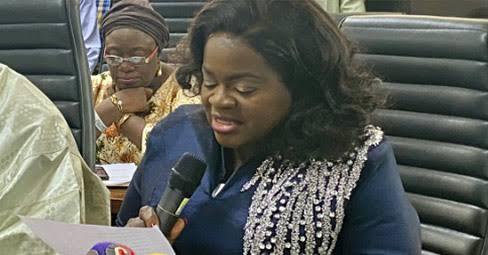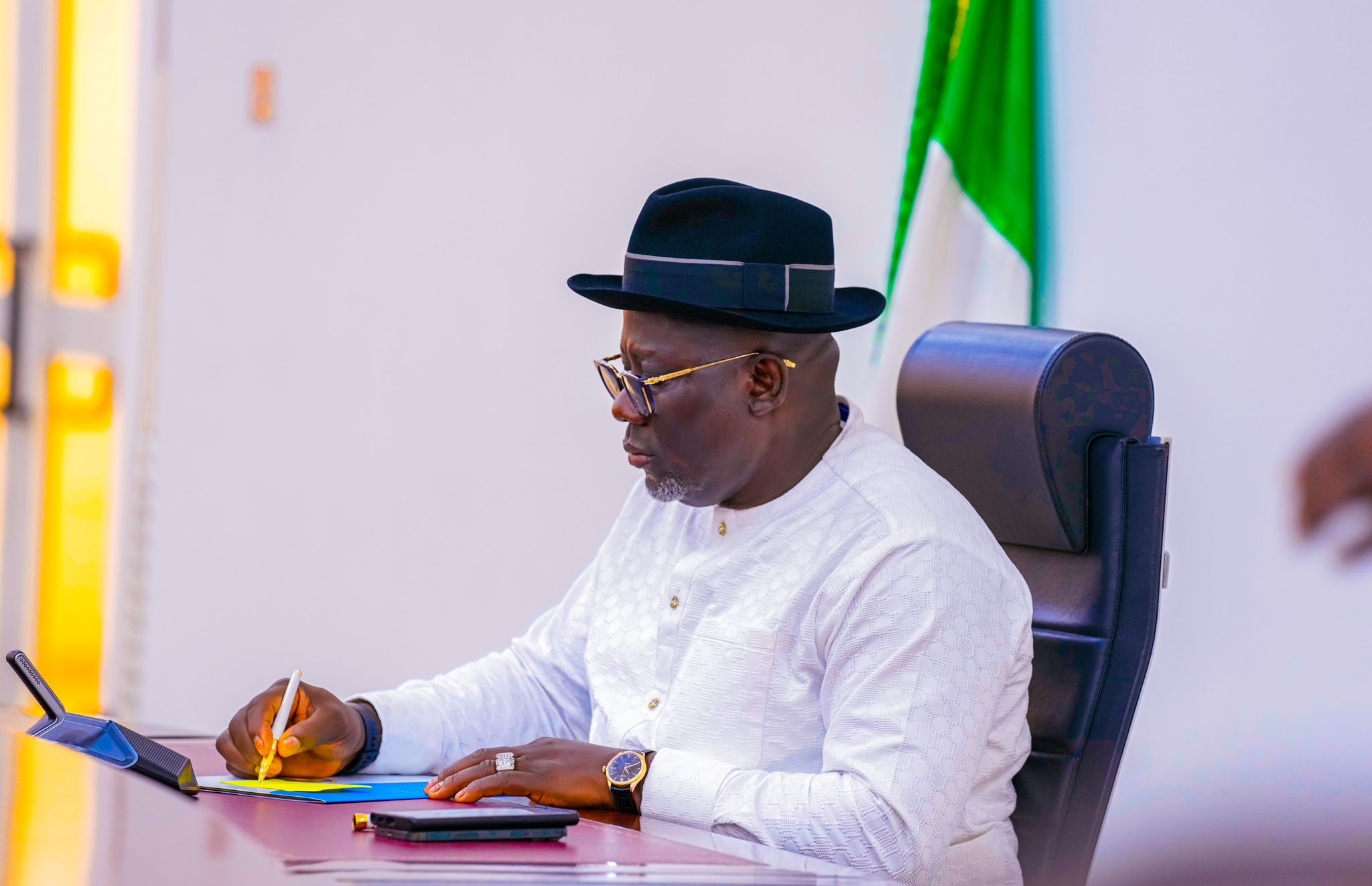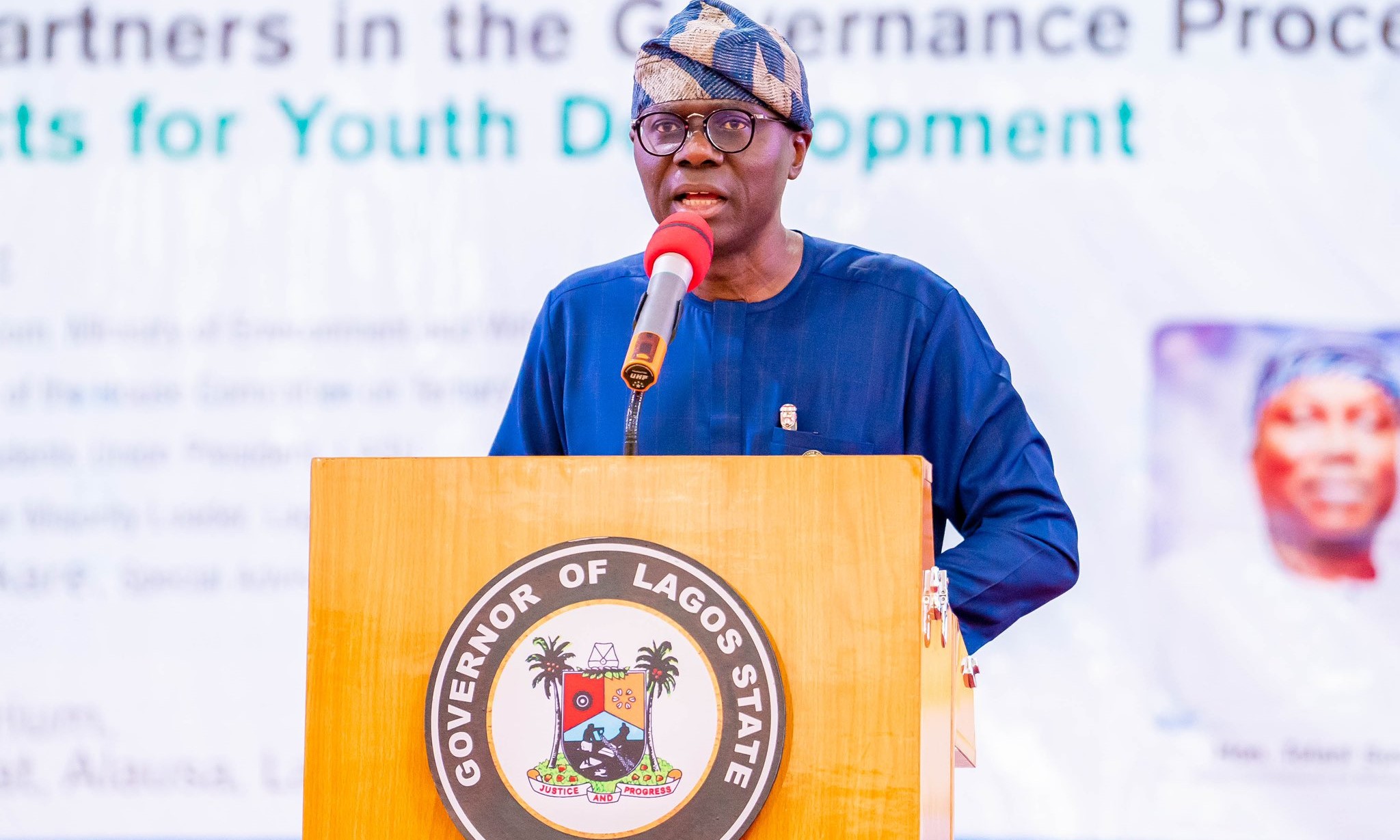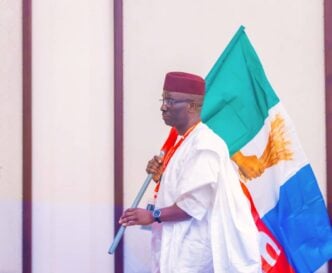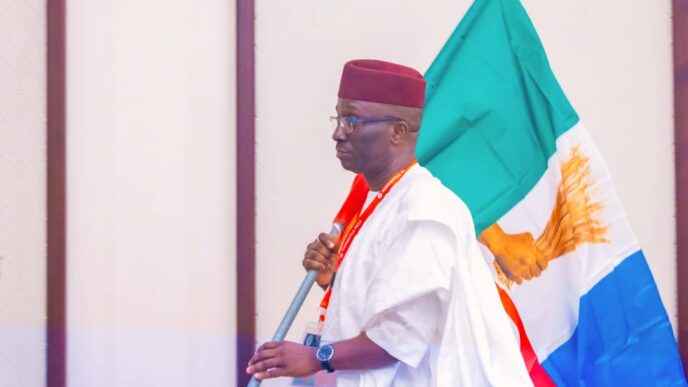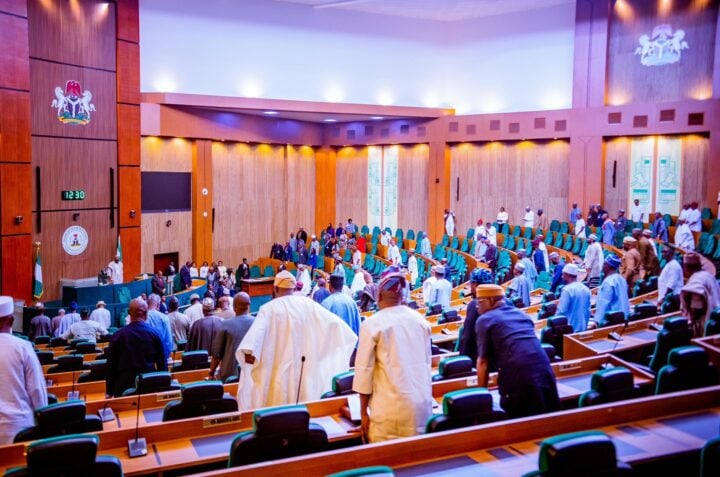The Kwara house of assembly has sought the integration of out-of-school children in the state into formal education.
On Tuesday, Abdullahi Danbaba, a lawmaker representing the Kaiama, Kemanji, and Wajibe LGAs at the state house, moved a motion seeking to address the rate of out-of-school children in the state.
Maryam Yusuf, an All Progressives Congress (APC) lawmaker representing Ilorin South, seconded this motion.
Danbaba said education is the bedrock of national development and individual empowerment.
Advertisement
He said recent data show that approximately 200,000 children are out of school in Kwara, a situation he said is now at a “crisis level”.
Yakubu Danladi-Salihu, the speaker of the house, acknowledged that empowerment programmes had sought to provide educational materials and pay school fees to support vulnerable families.
He urged Abdulrahman Abdulrazaq, the state governor, to ensure the effective implementation of the existing government’s initiatives on education.
Advertisement
He also urged the governor to direct the ministry of education/human capital development and SUBEB to partner with education stakeholders, NGOs, and local communities to achieve the objective.
Presenting the resolution of the house on the motion, he said the education ministry must raise the consciousness of community leaders on the crisis of out-of-school children.
“This is in a bid to implement initiatives aimed at integrating the out-of-school children into the formal education system,” he said.
One in every three Nigerian children is estimated to be out of school, 10.2 million at primary and 8.1 million at junior secondary level.
Advertisement
NBS data, analysed by TheCable Index, shows that 22 percent of Kwara’s child population aged between six to 15 years are out of school.
The UN says insufficient domestic finance for primary education caused a shortfall of 378,000 classrooms and about 278,000 teachers.
Faced with such grim statistics, many states in Nigeria have been in a scramble to address their own out-of-school children crisis.
Advertisement
Add a comment

